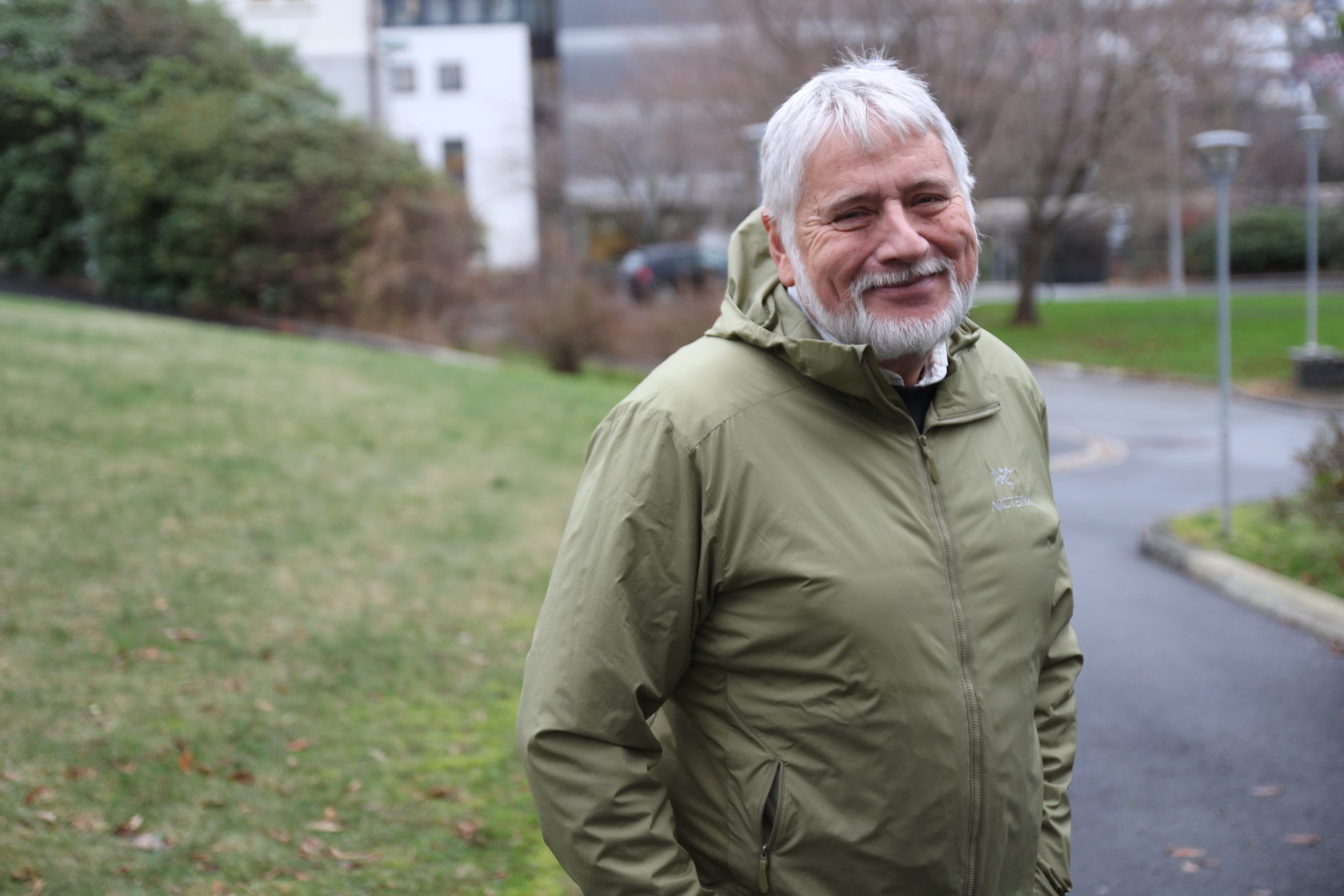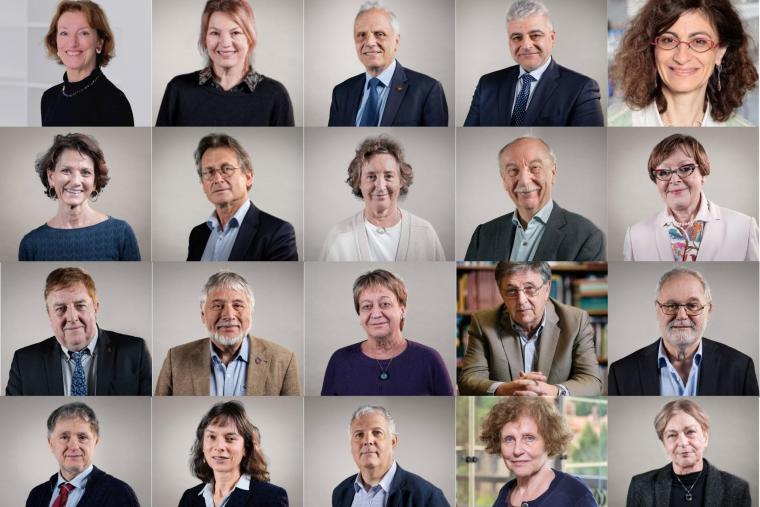– It has long been my firm belief that the chances of achieving premium research are higher when researchers are allowed to develop their own ideas. Challenging ideas are also more likely to result in new knowledge, says Eystein Jansen, Academic Director of the AE-Bergen Hub, AE trustee and as of 1st January, 2023, Vice-President of the ERC.

Eystein Jansen, Academic Director of the AE-Bergen Hub.
Two months after he takes up the position as ERC Vice-President, Jansen will be celebrating his 70th birthday, but this does not seem to lessen his energy at all. He is an outspoken champion for basic research and cites the focus on basic research in the current ERC guidelines as an important reason for accepting the appointment.
– I have great respect for the ERC. It is of huge importance that the ERC continues to be a flagship for basic research in Europe. This made it easy for me to accept the position of Vice-President and to strive to contribute through that role, Jansen says.
Taking up duties on 1st January 2023, Eystein Jansen will be responsible for ERC activities in the Physical Sciences and Engineering domain whilst Prof. Jesper Svejstrup will oversee the Life Sciences domain. The current Vice-President for Social Sciences and Humanities domain, Prof. Eveline Crone, will continue her mandate.
– We’ve seen many times, with the green deal, with health innovations and with new digital solutions, that real innovation is driven by basic and frontier research. I’m very happy that the guidelines of the ERC aligns with this, with a focus on basic and frontier research, says Eystein Jansen.
– Often, politicians seem to favour applied and mission-oriented research. For politicians, this is often considered a more secure path to knowledge. And of course, this research also has its place. But it is not correct that gains are higher from mission-oriented research. For instance, basic research is often more likely to result in patents than applied research does.
Challenging decades ahead
Curiosity has always been a driving force for Eystein Jansen. As for many Norwegians, he’s been fond of the great outdoors from an early age. In fact, it was one of the reasons he was inspired to embark on a career as a climate scientist.
– In my youth, I often wondered how the varied landscapes of Norway had been created. This led me to research the effects of earlier climate periods, and the effect these had on landscape formation. When I started out, climate research was not considered quite the “hot” field that it is now, but by the end of the 1980’s evidence started to mount that CO2 emissions were about to create a new era of climate change, says Eystein Jansen.

The ERC Scientific Council, where Eystein Jansen now serves as Vice-President of the Physical Sciences and Engineering domain.
– In the big picture, can you find reasons for optimism?
– I am an optimist by nature, but I recognize that the coming decades will be extremely challenging. Turning evidence-based decisions into actions, as well as adapting to new realities, will be of the utmost importance, says the AE-Bergen Hub director.
Prior to his appointment as ERC Vice-President, Eystein Jansen was known as the Founding Director for the Bjerknes Centre for Climate Research, established in 2000. Jansen stayed on as Director until 2013, building the Bjerknes Centre into a large multidisciplinary climate research centre, now ranking as internationally renowned.
Science diplomacy
– In Academia Europaea, you are both a Hub Director and a Trustee. What challenges do you see for AE in the coming years?
– Unless the pandemic takes new forms again, one of the main threats, both to society and to science in the coming years, will be the war in Ukraine. Whatever solutions may come, the war will have consequences for many years. It will affect science particularly in the fields of international cooperation and science diplomacy. Both these areas are cornerstones in the work of Academia Europaea.
– For the AE-Bergen Hub, Arctic issues and research is a strategic priority. Traditionally, the Arctic has been a good example of an area with low barriers to cooperation between Russia and the rest of the world. In the short term, this will now be very difficult.
– Working together with SAPEA, Academia Europaea have been investigating ways to achieve a systemic approach to the energy transition in Europe. Energy has now become a part of warfare, putting extra pressure on energy policy. In my view, these situations increase the need for evidence-based policy, and for courageous politicians.
In the coming years, the AE-Bergen Hub will have to share Eystein Jansen’s capacities with the ERC.
– I will not have any direct influence on project grants from my position as Vice-President, so the position is maybe not quite as powerful as some people would imagine. My main responsibility will be in appointing members of evaluation panels, ensuring that they are all experts in their fields, Eystein Jansen says.
